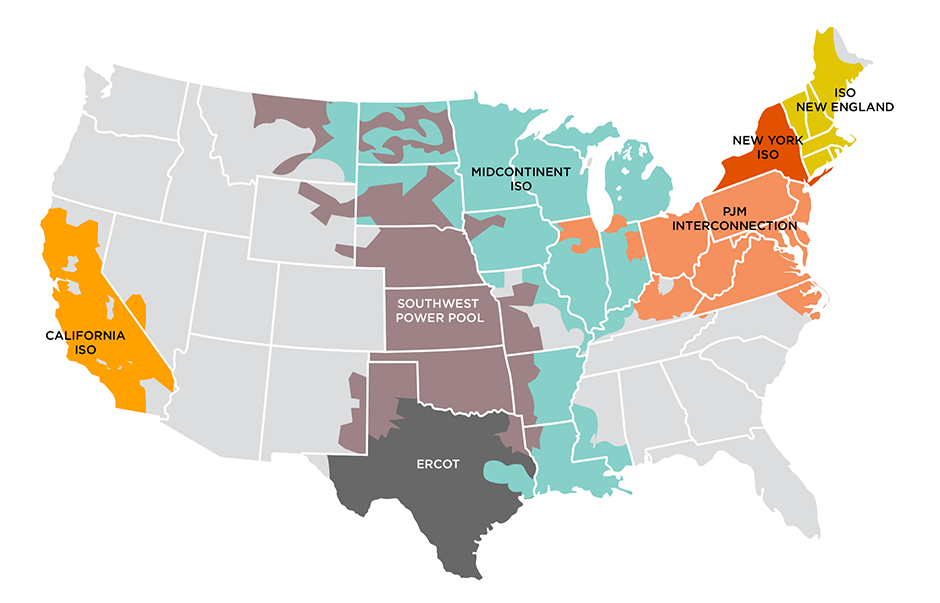Agronomy, Vol. 13, Pages 283: Manure Acidification and Air Cleaners for Ammonia Abatement: A Holistic Assessment of the Costs and Effects on Terrestrial, Freshwater and Marine Ecosystems
Agronomy doi: 10.3390/agronomy13020283
Authors: Camilla Geels Steen Gyldenkærne Tavs Nyord Hans Estrup Andersen Eugenio Molina-Navarro Dennis Trolle Hans Thodsen Jesper L. Bak Maria Theresia Konrad Berit Hasler Kaj M. Hansen Jesper H. Christensen Karen Timmermann
Manure acidification has been introduced as an abatement to reduce ammonia (NH3) emissions to improve air quality and protect terrestrial and aquatic environments from nitrogen deposition. A successful regulation of NH3 emissions using manure acidification might, however, result in increased nitrogen leaching from fertilized fields with adverse effects on freshwater and marine ecosystems, if the overall fertilizer application rate in the fields is not adjusted according to the increased fertilizer value of the manure. We apply a holistic model framework encapsulating all important environmental compartments to assess the ecological and economic consequences of a specific agricultural practice or a combination of these. The results show that manure acidification combined with air cleaners reduces NH3 emission and atmospheric nitrogen deposition with substantial positive effects on the terrestrial environment. Although manure acidification results in a slight increase in total nitrogen input into freshwater and marine ecosystems, the subsequent increase in chlorophyll a concentration and decrease in water transparency is insignificant. Hence, according to the model results, manure acidification will improve terrestrial nature quality, with no significant adverse effects on the aquatic environments.

 1 year ago
69
1 year ago
69


